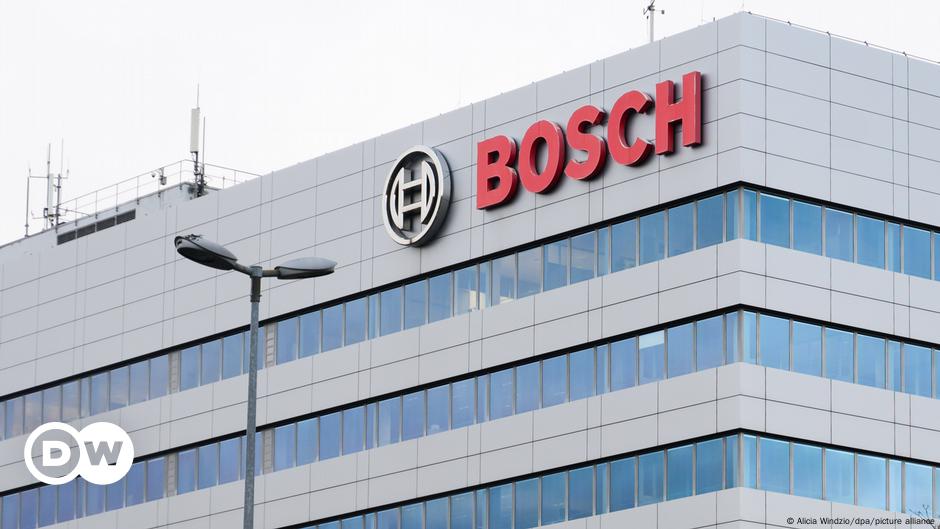World
‘World’ AI expo in China attracts few foreign firms amid widening global rift

Few foreign firms showed up at the event, and the speaker list was dominated by Chinese tech executives, the Post observed during a Saturday visit. About 20 foreign firms, or 4 per cent of the 550 exhibitors, had booths at the Tianjin expo, most of which were grouped together in a corner of one of the eight exhibition sections, where foot traffic was light.
Chinese President Xi Jinping sent a congratulatory letter to the World Intelligence Expo, calling for more global cooperation in AI development. The US, however, has been ramping up efforts to curb China’s access to advanced chips and AI technologies.
The US Treasury Department on Friday issued draft rules to deter investment in China’s chip, AI, and quantum computing sectors on national security grounds. Under these rules, investments from American entities in those areas would require official approval.
At the booth of Tianjin Infrastructure Investment Group, a rotating slide deck playing on a TV screen acknowledged the bottlenecks that Chinese companies face when trying to produce advanced chips, noting the lack of access to advanced lithography machines, precision materials and other parts of the chip-making process.
“The AI industry is the large-scale cluster computing between graphics processing units and optical modules,” one slide read. “But the development of our electronic chips is challenged by the chokehold on our access to advanced manufacturing processes.”
The infrastructure investment group is investing in optical chips technology to overcome these obstacles, it added.
Some foreign business delegates at the show were still looking for business opportunities. Heesun Yoon, an executive at South Korean lidar developer SOS Lab, said that China remains a huge market that cannot be ignored.
“We are here because the China market is much bigger than many other markets,” Yoon said.








